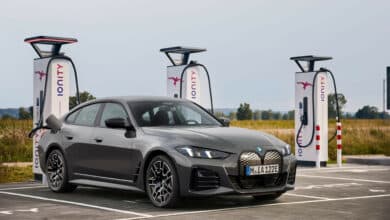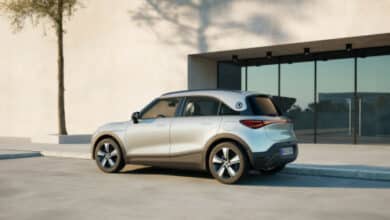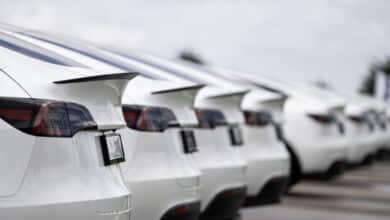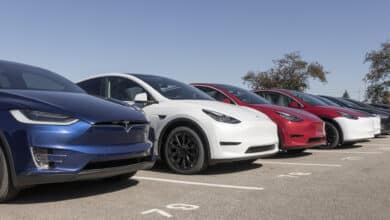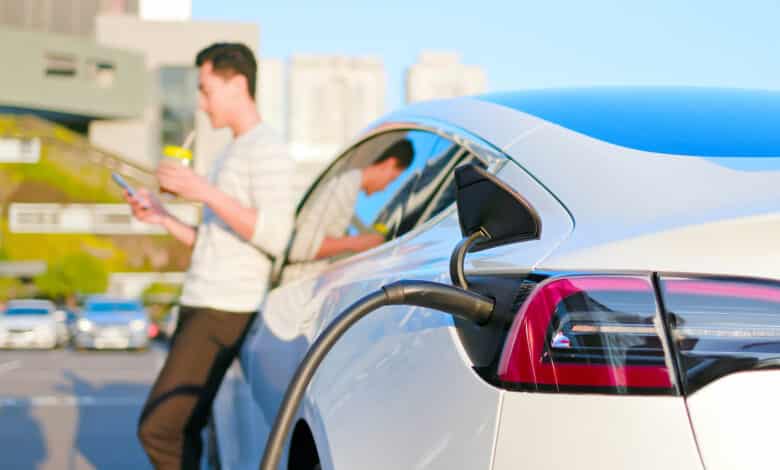
Probably the biggest weakness of EV is its range. Talent New Energy, a young start-up, now claims to have solved this problem. They have developed a battery cell that should make a range of 2,000 km possible. Even classic combustion engines can pack their bags.
New battery cell provides endurance for EV
If you take a look at the EV with the longest range, you will find a Tesla Model S Long Range (max. 723 km), a Mercedes EQS (max. 769 km) and a Lucid Air (792 km). The current battery technology seems to have reached its limit. So it’s time for a new technology to ensure a longer range.
This is probably what the Chinese start-up Talent New Energy thought when it developed its own battery cell. This differs from the usual lithium-ion or lithium-polymer technology that we have found in EV to date. The big difference in the design starts with the fact that the newly developed cell was designed for solid-state batteries.
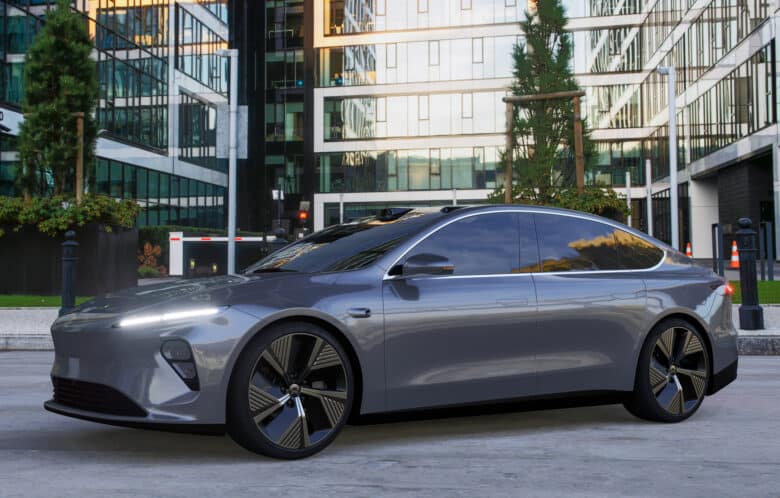
Among other things, this ensures a significantly higher energy density, which ultimately means more capacity and therefore more endurance. But these are not the only advantages. As the solid-state battery is virtually non-flammable, it also offers greater safety. On top of this, the charging time is significantly shorter, as liquids do not have to be set in motion first.
2.000 km should be possible
Talent New Energy is no newcomer in the field of battery technology. However, with its latest development, the start-up has once again significantly surpassed its record in the field of energy density. Previously, the Chinese company was able to produce batteries with up to 500 Wh/kg, as reported by Auto Motor Sport. The latest development, on the other hand, offers 720 Wh/kg as a solid-state battery.
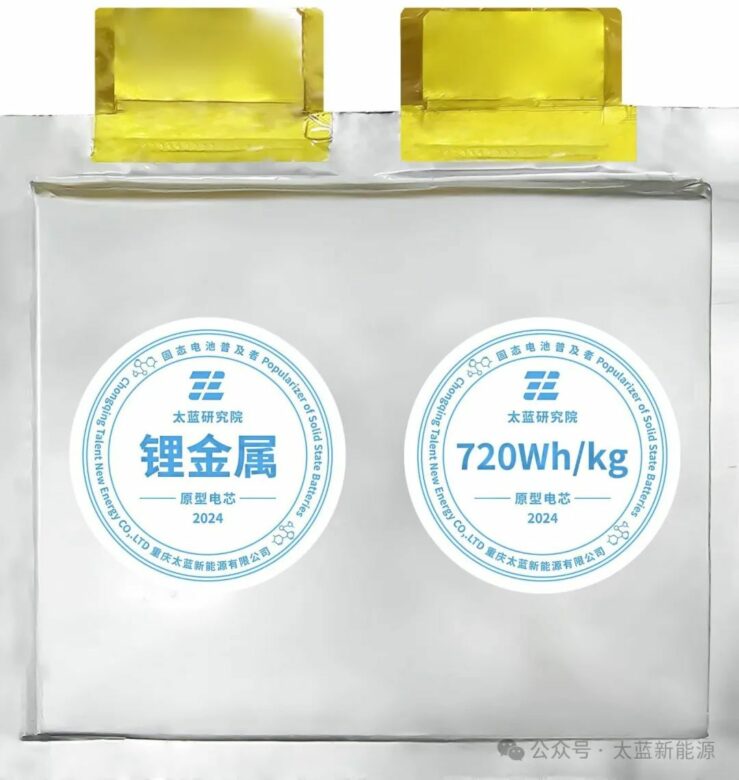
This can be seen in the company’s press release. How exactly Talent New Energy put the whole thing together is of course still a secret. The public announcement only mentions the use of “high-capacity electrode materials”. But how exactly does the start-up achieve a range of 2,000 km if the battery is not even used in an EV yet?
Nio’s upcoming models can be used as a basis for calculation. The Chinese car manufacturer plans to use semi-solid-state batteries with an energy density of 360 Wh/kg in its vehicles due to be launched in 2024. This in turn should enable a range of 1,000 km. As the battery from Talent New Energy has twice the density, the endurance should also double.
However, these are still just numbers games. What is certain is that we will only see what the solid-state batteries are really capable of in a practical test. Until then, however, we can at least look forward to the fact that the range of an EV will soon no longer be a problem.
